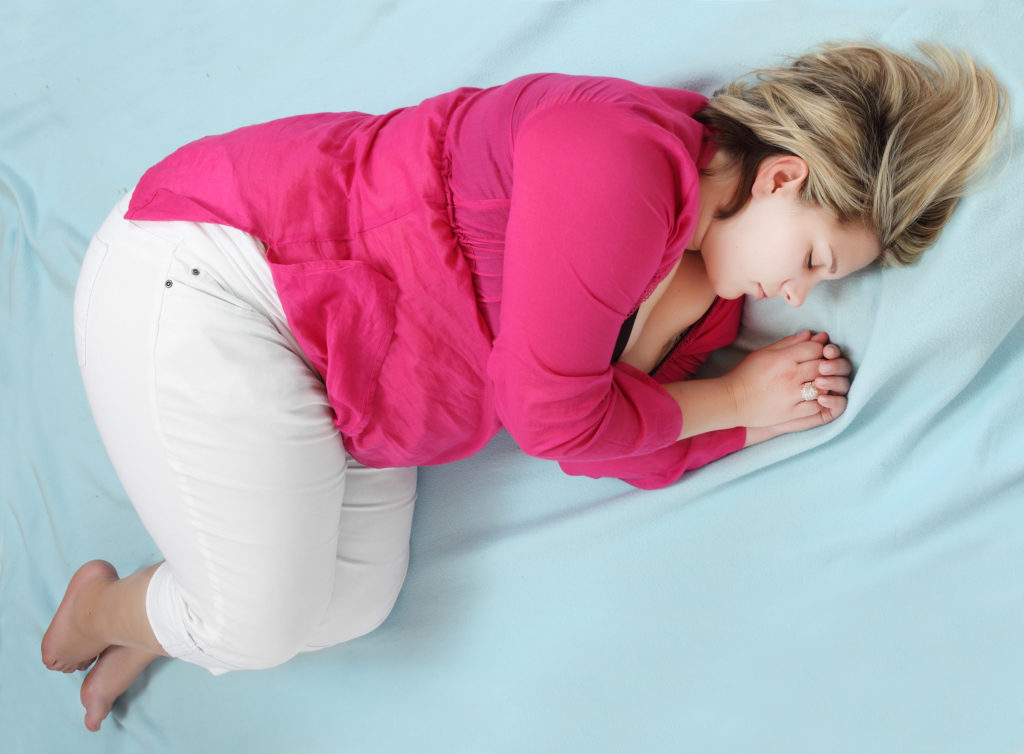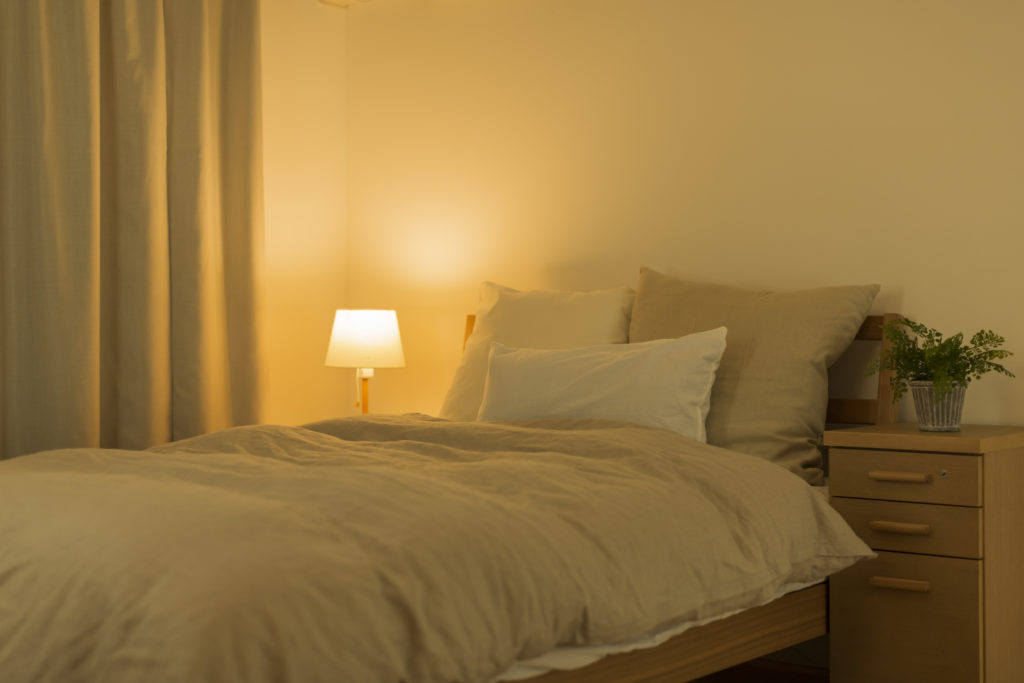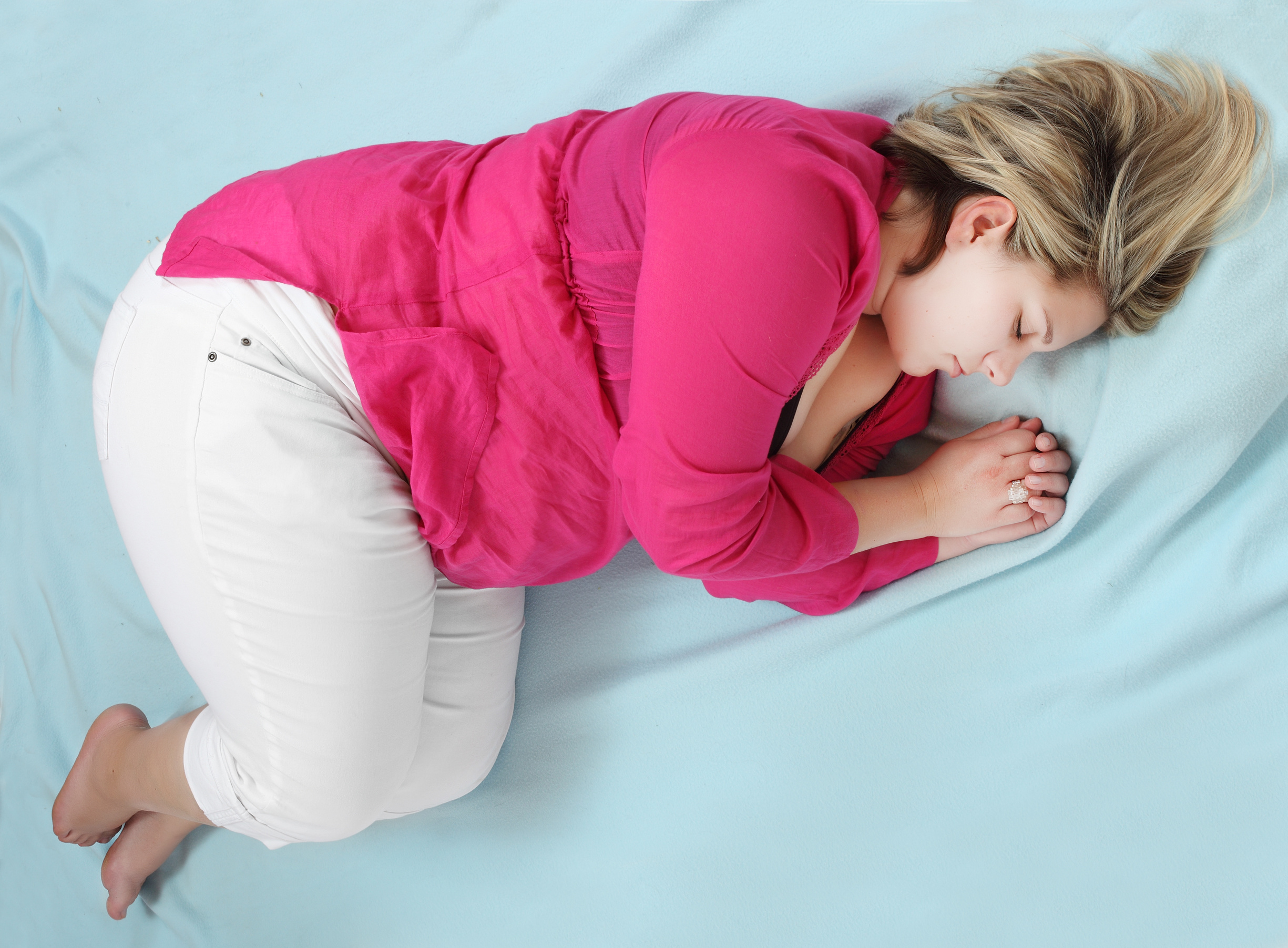You are probably staring at your lamp light next to your bed, wondering how the light it produces makes you obese. Most of us are now puzzled and probably thinking that this is just one of the ‘did you know facts’ that keep circulating through the internet with no evidence to back them up.

Sorry to break it up with you, but the artificial light produced by the lamp close to your bed or light from the fluorescent bulb at the ceiling can cause you to be obese, mainly when you are sleeping.
There is a close link between lifestyle choices and a person’s weight. Apart from the usual bad eating habits that lead to many unhealthy conditions, researchers are now identifying that sleeping with the artificial light on places women at a high risk of becoming overweight. Read along and see the evidence that backs up this claim.
The study
Without wasting much of your time, let’s get direct into the research. Several researchers researched women aged between 35 and 70 years of age. First, the women’s height, weight, waist, and hip circumference were recorded.
The group of women was then divided into groups. For instance, some slept with the TV on while others slept with the bed light lamp on. The eating habits of the selected women was also recorded so that it may not interfere with the results.
At the end of the study, the researchers analyzed the data and found out that there is a correlation between an increase in weight and levels of light exposure. The results were as follows;
- Women who slept with the television or light on had a risk of gaining five kilograms
- There is also a 13% higher risk of a BMI increase for women who slept with the artificial light on.
- Women who slept with the television on had a 22% risk of becoming obese while those who slept with the light on in the room had a 33% risk of becoming obese
The researchers concluded that the more light a woman experiences in her sleeping environment, can potential increase her BMI as well as her waist to hip ratio. That is typically a gain in weight.
What causes the gain in weight?
The study presented a close connection between weight and artificial weight in the bedroom. They pointed out that light exposure, especially at night throws off hormone release cycles associated with darkness and light.

As a human being, you are adapted to a natural environment comprising of sunlight during the day and darkness at night. Therefore, exposure to artificial light at night alters some of the biological processes in many ways that can raise the risk of facing unhealthy conditions like obesity.
Conclusion
You’ve probably read about a topic related to this somewhere on the internet, and still, you are puzzled about the whole thing. Yes, the medical world might have not yet adequately concluded that artificial light alone can cause obesity.
However, with the recent pieces of research, it is advisable always to turn off the lights as well as the TV when you are going to sleep. It is far more important to women as a big part of the research was carried around them.
The darkness in your bedroom won’t harm you; instead, you’ll have a peaceful night with no distractions.


